By Equine MediRecord

Equine MediRecord has deployed a new system to help European trainers comply with the new vaccinations rules in France. The change of vaccination rules for racehorses in France will have huge implications for European racing, particularly when it comes to trainers based in France, Great Britain and Ireland. The new Equine Medirecord (EMR) system will automatically notify trainers, veterinarian surgeons and assistants on when vaccination deadlines are approaching based on the country where the horse is located and if the trainer wishes to be reminded about other jurisdictions’ rules. The EMR system is designed to securely record a horse’s medication records and help comply with animal welfare and anti doping rules. This new part of their digital system could be key to minimising non-runners and improving equine welfare.
EMR was founded in 2016 by Pierce Dargan, Finlay Dargan and Simon Hillary. In the wake of an outbreak of equine flu, Dargan pitched his idea to the Arabian Racing Organisation (ARO) in Britain, and received an enthusiastic response. As, in 2020, ARO became the first European racing organisation, and only the second worldwide, to officially mandate the use of electronic veterinary records. Overseas trainers, with runners in ARO’s PA Group races at Goodwood and Doncaster, were also requested to use this system. Trainer Xavier Thomas-Demeaulte said: “It’s true that the formalities regarding vaccinations were greatly enhanced, in practical terms, by using the Equine Medirecord system when my horse (Hattal) ran at Doncaster last year.”
In another first, later that year, the system was rolled out at the Breeders’ Cup, and the ARO precedent was useful in this context. Pierce Dargan added: “We’re currently exploring markets that weren’t on our radar as a direct result of the partnership forged with ARO in 2020. The Thoroughbred Owners of California association and the Kentucky Thoroughbred Association have since given their approval. It couldn’t be more timely in the US as the Horseracing Integrity Act was passed by the House of Representatives (in 2020). The Arabian Racing Association of California has also adopted this system, and we’re currently in discussion with the US’s Arabian Jockey Club with a view to them introducing it. » Trainer James Fanshawe, whose Audarya (Wootton Bassett) won the Breeders’ Cup Filly and Mare Turf, was among the first of the top British handlers to embrace this system.”
Finlay Dargan is the EMR’s main representative in France and he said “Two vaccinations are mandatory here, which is more than any other market place in which we operate. A number of trainers had reached out to us, complaining about the difficulties of tracking vaccinations, so we have striven to ensure our system conforms to French vaccination rules. After speaking to France Galop about what we had to offer, they made it known all records were documented in paper form, and we had already brought a resolution to this system when it was previously operational in Ireland. In November 2020, our system was officially sanctioned by LeTrot (the ruling body of Trotting), and France Galop followed suit soon afterwards.”
The new rules introduced by the Ministry of Agriculture relative to equine influenza and the equine herpes virus vaccinations. They came into effect on May 5th. This could see horses that are eligible to run in the United Kingdom and Ireland based on their vaccinations being outside of the new French timelines and vice versa which has already started to cause issues with horses running between the three countries. Finlay Dargan added “the regulatory framework governing France, Great Britain and Ireland is now very different. This will cause huge difficulties when it comes to moving horses for racing purposes between these three countries.”
Nicolas Clément was one of the early subscribers to EMR and his take is: “We are facing a problem of non-runners due to vaccination rules in France. So a digital solution is called for” Furthermore, the recent outbreak of a particularly virulent strain of the equine herpes virus which afflicted showjumpers in Spain, has caused great consternation. So the new regulations are to be welcomed. Both Finlay and Pierce Dargan agree that their system is capable of rising to the challenges posed by new regulatory practices, against the backdrop of ever-changing landscape of equine health around the globe. For more information about Equine MediRecord, see: https://www.equinemedirecord.com/

